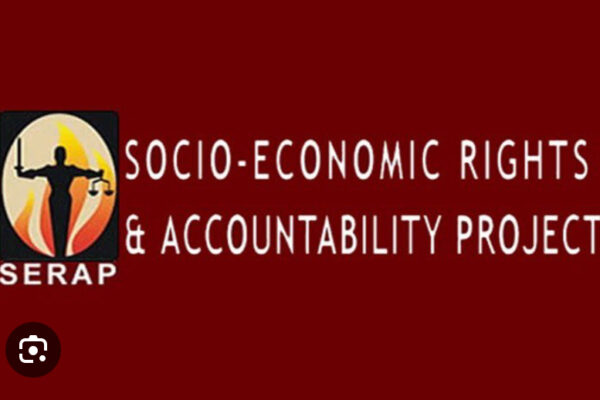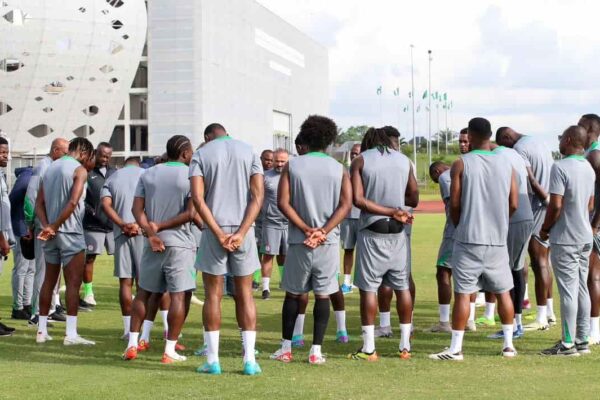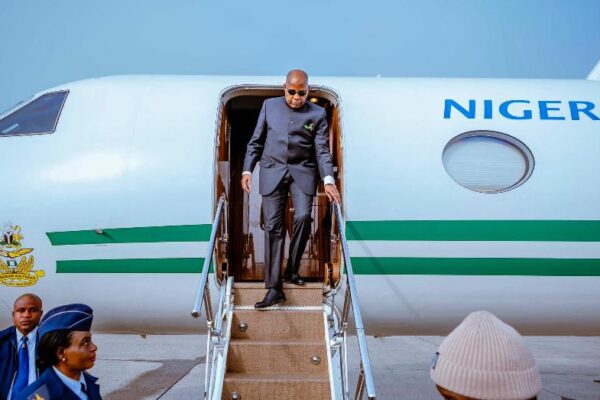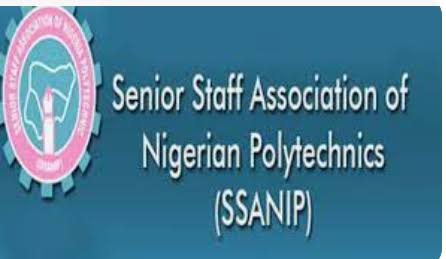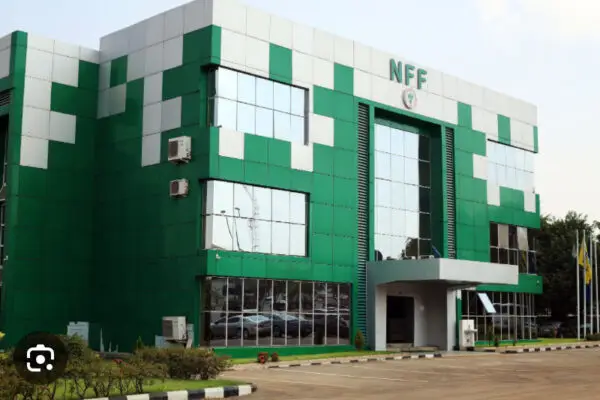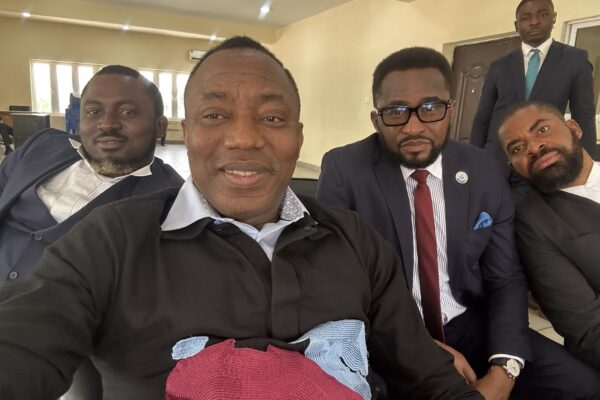
Nigeria Police detain Sowore
A presidential candidate of African Action Congress and human rights activist Omoyele Sowore has been detained by the Police Authority in Abuja following a viral video of policemen he posted on social media few weeks ago. Sowore was taking into custody following his refusal to agree to bail conditions offfered him by the Police. Sowore disclosed this shortly before his incarceration. “It is a wrap! “The Nigeria Police Force is holding me in custody until further notice, following my refusal to accept their illegal bail condition,” he wrote on his X handle formerly Twitter. Earlier in the day, Sowore had informed that the Police assigned to his case demanded for a level 16 civil servant and that he should surrender his international passport to perfect his bail condition. “The PoliceNG team assigned to my case has informed me that the DIG of FID, Dasuki Galandachi, has reevaluated my bail conditions, necessitating the production of a level 16 civil servant and the surrender of my international passport, a condition I have declined outright. “I refuse to participate in any arrangement that undermines my personal integrity. “Below is also the response of my lawyer, Femi Falana SAN to the ridiculous request of the Nigeria Police.” ‘Dear Hon DIG, ‘Thanks for reducing the bail condition of Mr. Omoyele Sowore to a surety of level 16. ‘However, I wish to point out that such bail condition has been declared illegal by the Court of Appeal in the case of Dasuki V. Director-General, S.S.S. [2020]10 NWLR PT.1731 PG. 136-143 where Adah JCA (now JSC) held as follows: ‘Let me quickly say that of concern it is to us that as a court we must be ready and sensitive enough not to allow or do anything that will run foul of the law. ‘The issue of involving civil servants or Public Officers in the Public Service of the Federation and the State in bail of people accused of criminal offences has never been the practice in Nigeria or any part of the civilized world. It was an oversight on our part to allow it in. ‘Our Civil and Public Service Rules do not have any room for it. Expecting a Level 16 Servant to own property worth N100,000,000, will be running counter to the Public Service Rules and by extension the war against corruption. ‘It is in this respect that I will act ex debito justitiae to ensure that the aspect of involving serving Public Servant below the status of Level 16 Officer in either the state or Public Service of the Federation or any of its agencies be removed and I so order.’



